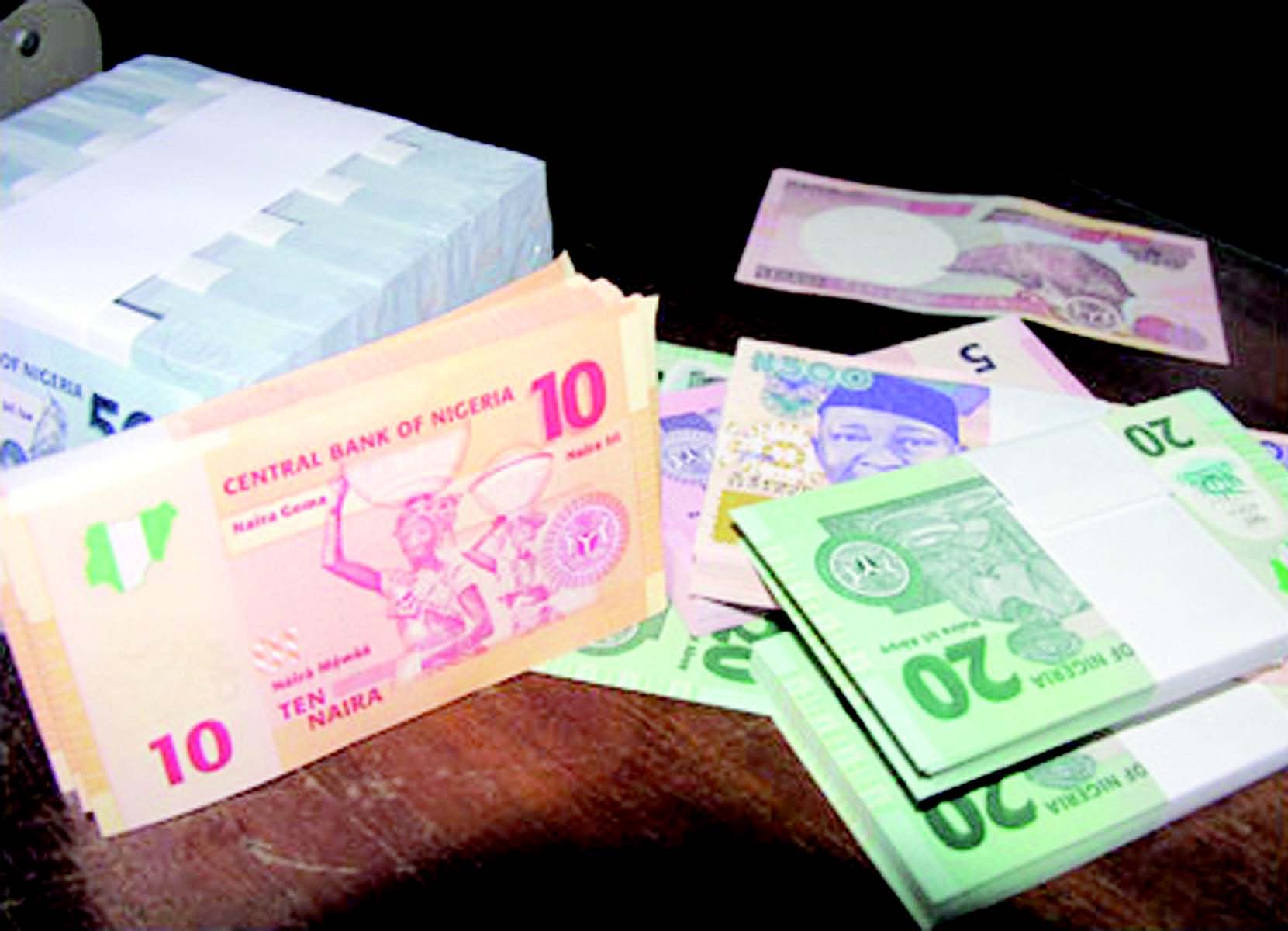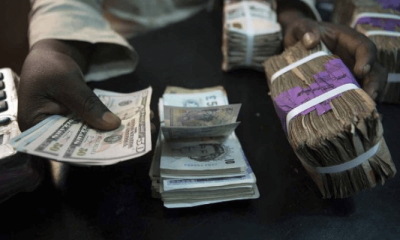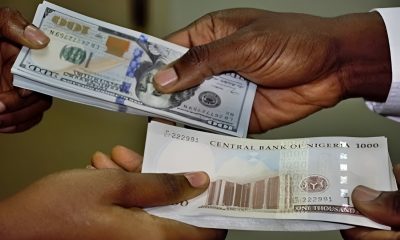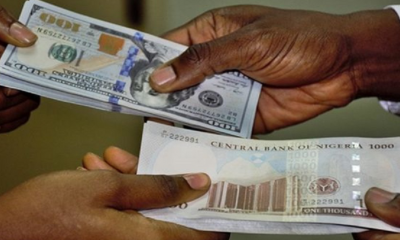By Odunewu Segun
Analysts have predicted a likely rise in the value of the Naira against the dollar on increase dollar sales to Bureau De Change operators in the country.
National Daily gathered that the CBN is reportedly planning to raise dollar sales to BDCs to $40,000 from the present $20,000, which will improve liquidity and help support the local currency.
The local currency was quoted at 410 to the dollar on the black market on Friday, compared with 398 to the dollar last Friday.
At the official window, it closed at 306.10 to the dollar on Thursday against 306.20 per dollar last week.
The CBN has consistently sold dollars at both the spot and forward markets, and required banks to pay for the purchase. This has drained liquidity in the market. The nation’s financial markets were closed on Thursday for the Easter celebrations and will reopen on Tuesday.
ALSO SEE: CBN releases fresh $250m for Agriculture, Airlines
Last week, the apex bank opened a special forex window for the Small and Medium-scale Enterprises to enable entrepreneurs to import eligible finished and semi-finished items not exceeding $20,000 for an enterprise per quarter.
The regulator also opened a special forex window for the remittances of dividends denominated in foreign currencies abroad.
The move came after the regulator made a special intervention in the Bureau de Change segment of the foreign exchange market which resulted in each operator accessing $20,000 as against the earlier stipulated $10,000 per week.
Despite the series of dollar supplies into the various segments of the forex market, the naira closed at 410 against the United States dollar on Thursday, fuelling concerns about the CBN dollar interventions.
The local unit closed at 410/dollar consecutively from Tuesday to Thursday.
Justifying part of the recent spate of interventions, the Acting Director, Corporate Communications, CBN, Mr. Isaac Okorafor, said, “The special interventions were necessitated by its findings that a large number of the SMEs were being crowded out of the forex space by large firms and also service genuine demand for invisibles like tuition fees, medical and personal/basic travel allowance.”

 Health & Fitness6 days ago
Health & Fitness6 days ago
 Aviation1 week ago
Aviation1 week ago
 Aviation7 days ago
Aviation7 days ago
 Aviation7 days ago
Aviation7 days ago
 Aviation7 days ago
Aviation7 days ago
 Aviation5 days ago
Aviation5 days ago
 Featured4 days ago
Featured4 days ago
 Crime4 days ago
Crime4 days ago













